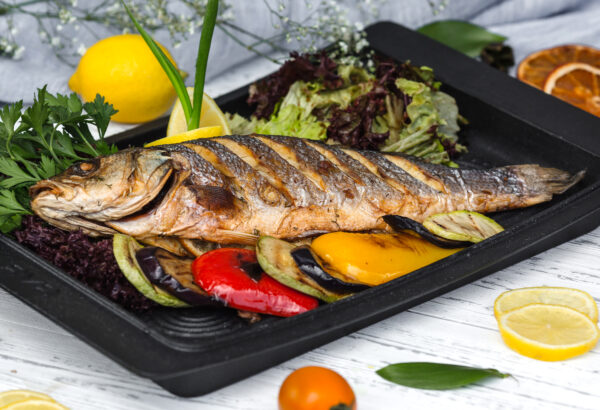The term food in English refers to food in the general sense of the word. In relation to animals, we translate it as food or fodder. Food in the generic sense is uncountable, so it cannot form the plural – All the food is cooked and prepared by the restaurant owner.
Food becomes a countable noun if we mean different kinds of food or a certain type of food – I am allergic to certain foods.
The word diet can be used in two senses – either in the sense of diet – You should keep to a diet rich in vitamins and fibre. or diet – His doctor put him on a diet.
Special Expressions:
convenience food = canned food / food
tinned/canned food = canned food
fat food = fatty food
junk food = unhealthy food
rabbit food = a diet consisting mainly of vegetables
frozen food = frozen food
fast food = fast food
takeaway food (US) = takeaway food
- food for thought = something that gives us a lot to think about
Thank you for your comments – they have given us plenty of food for thought.
- food poisoning
Have you ever suffered from food poisoning? (Have you ever had food poisoning?)
- to help oneself (to some food) = to take food
Please help yourself.
- to pick at one´s food = to pick at one´s food
Why are you picking at your food all the time?
- to eat one’s fill = to be stuffed = to be overfed
I have eaten my fill.
Tip: learn which verbs are irregular
If we want to talk about food, we need to distinguish between the meanings of these expressions:
- Meal means either a meal as an event – He often goes out for an evening meal. or a meal – He cooked us a delicious meal.
- Dish also means dish – What is your favourite dish? or course – Do you have any vegetarian dishes?
- Course – a three-course dinner.
- Stuffed tomatoes make a good starter for our festive dinner.
Side dish/trimmings refers to the side dish; garnish refers to the garnish.
During the day, our menu consists of several meals. We start with breakfast in the morning, then have lunch as the main meal, and finish the day with dinner/supper. We use breakfast/lunch/dinner/supper in the general sense without the article.
What do you usually have for breakfast? (What do you usually have for breakfast?)
Dou you know what they are serving for lunch today? (Do you know what they are serving for lunch today?)
I often eat (my) dinner in a restaurant.
When we use the definite article “the” with these expressions, we are referring to a specific breakfast/lunch/dinner.
The supper cooked by your wife was delicious.
In between main meals, you can have a snack, and in the UK and Ireland they use the term elevenses (a snack served around 11am). On Sundays, people often go to a restaurant for breakfast and lunch in one – called brunch (created by combining the words breakfast and lunch).

